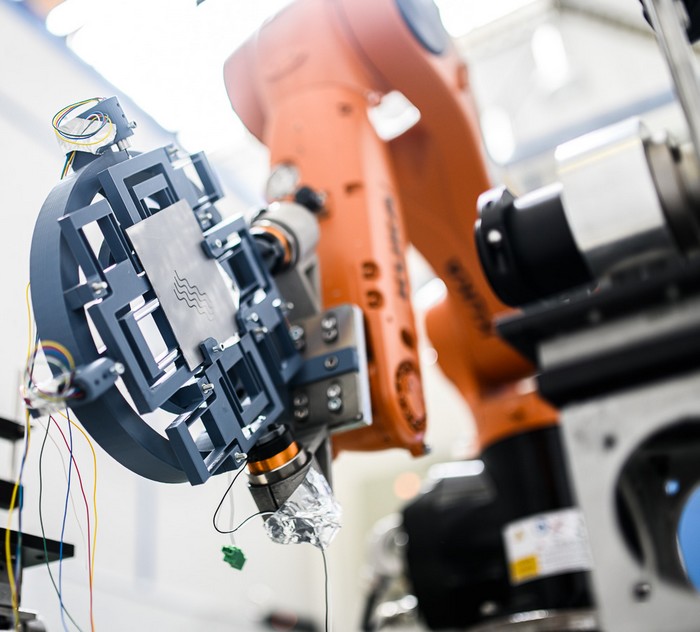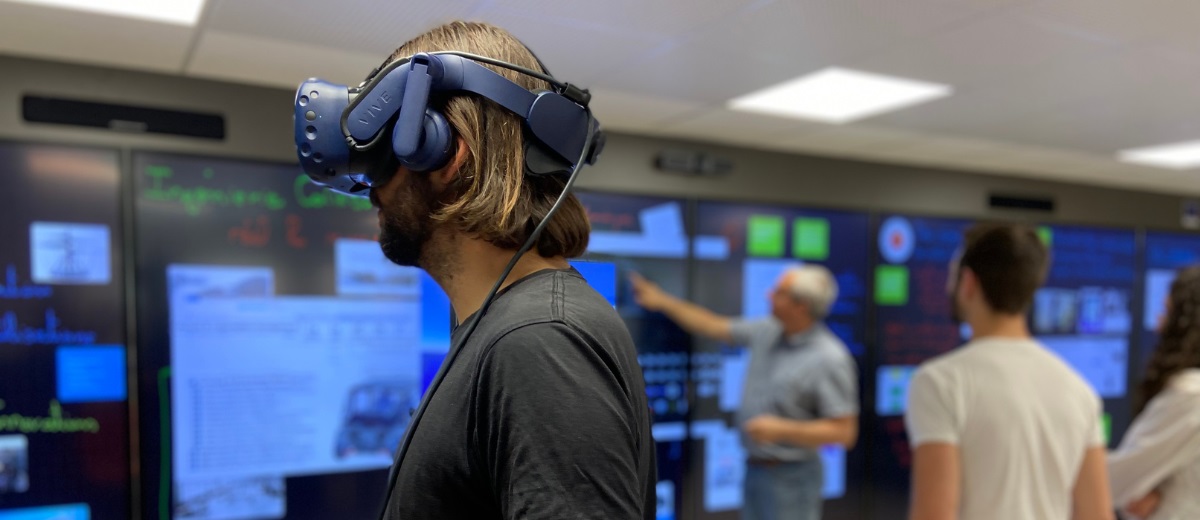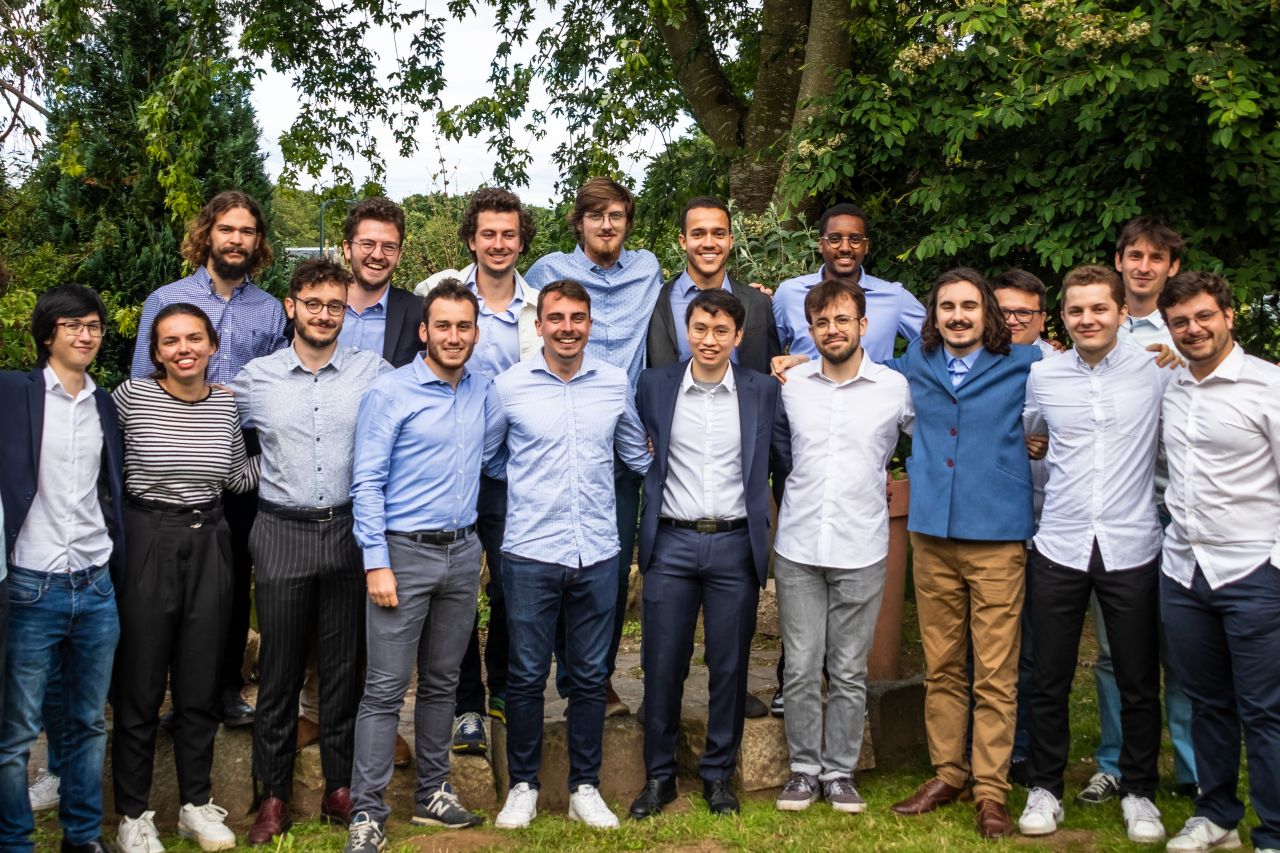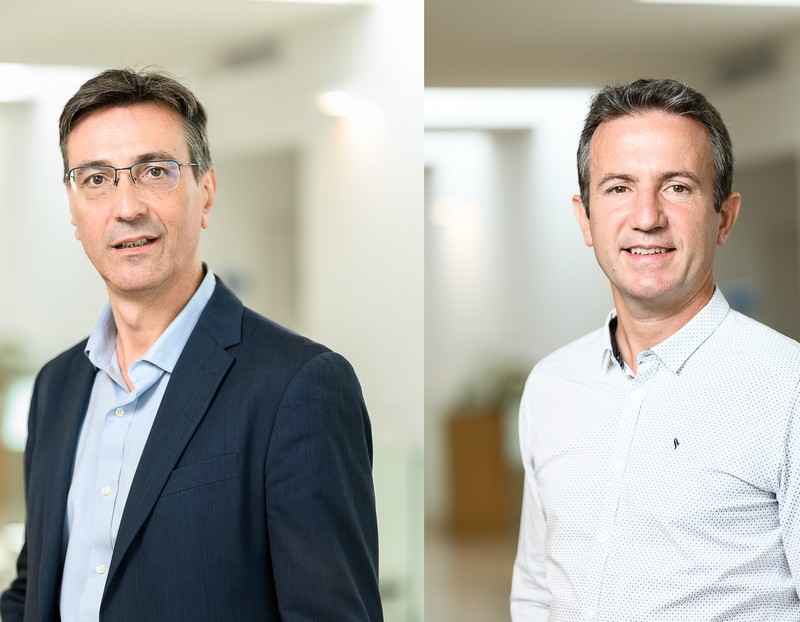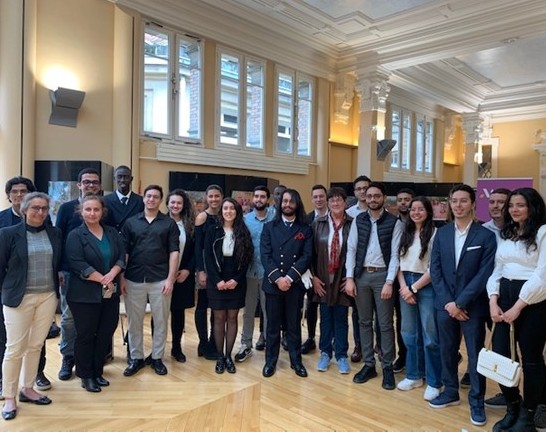Les partenaires
L’Incubateur s’inscrit dans un écosystème d’appui à la création d’entreprises, à l’innovation, à l’industrie, aux projets à impact, qui permet de soutenir et d’amplifier l’accompagnement, par de l’information, du financement, du réseau.

ENVIRONNEMENT INSTITUTIONNEL
- MAIRIE DE PARIS
L’incubateur a été labellisé Fonds Parisien pour l’Innovation (FPI) rendant les start ups incubées éligibles à la subvention FPI.
Membre du comité d’incubation - RÉGION ÎLE DE FRANCE
La Région Ile de France soutient l’incubateur Arts et Métiers dans le cadre de son programme Lieux d’innovation. La Région Ile de France soutient l’innovation, l’industrie, les entreprises à impact.
L’incubateur a été labellisé Innov Up.
Membre du comité d’incubation - BPI France
BPI France est un acteur essentiel du soutien à la création d’entreprises innovantes en France. C’est un interlocuteur privilégié de l’incubateur.
Membre du comité d’incubation - RESEAU ARTS ET MÉTIERS
L’incubateur s’inscrit dans l’écosystème Arts et Métiers de soutien à la création d’entreprises innovantes (Clenam, Fonds IGEU Arts et Métiers, La Société des ingénieurs Arts et Métiers et la Fondation Arts et Métiers, Business Angels, ce qui se traduit pour les sociétés incubées par un accès à des financements (bourses, prêts, concours), des compétences et un réseau exceptionnel.
LES INTERVENANTS PARTENAIRES
L’incubateur s’entoure d’experts, pour compléter son étude des dossiers candidats et accompagner les projets incubés :
- AFIGEC : Expertise comptable.
- AFA : Courtier en assurances
- BNP PARIBAS : Services bancaires aux professionnels.
Membre du comité d’incubation - CITADEL : Cabinet d’avocats
Membre du comité d’incubation - CLEVERVALUES : Conseil en marketing.
- 3DS OUTSCALE : Partenaire stratégique de Dassault System, services d'infrastructure Cloud Computing.
Membre du comité d’incubation - GRANT THORNTON : Services d'Audit, de Fiscalité et de Conseil.
Membre du comité d’incubation - SAMATRANSFORMATION : Conseil en transformation des entreprises.
- SOPRA STERIA : Conseil, services numériques et édition de logiciels.
Membre du comité d’incubation
MÉCÉNATS ET PARTENARIATS
L’incubateur développe son écosystème de partenaires et de mécènes pour amplifier son action d’accompagnement au bénéfice des start-ups incubées.
LES PARTENARIATS
Les partenariats avec l’incubateur peuvent prendre des formes variées : participation au comité d’incubation, aux comités de suivi des start ups, interventions expertes ponctuelles, formations et ateliers…
LES PROJETS DE MÉCÉNATS




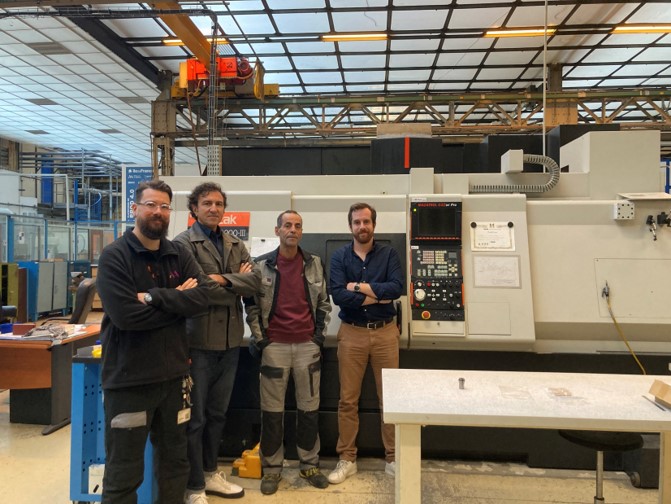




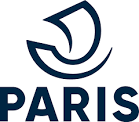 « Fonds Parisien pour l’Innovation » par la Ville de Paris, bureau de l'Innovation, de l'Attractivité, de la Prospective Paris 2030 et de la Résilience.
« Fonds Parisien pour l’Innovation » par la Ville de Paris, bureau de l'Innovation, de l'Attractivité, de la Prospective Paris 2030 et de la Résilience.

